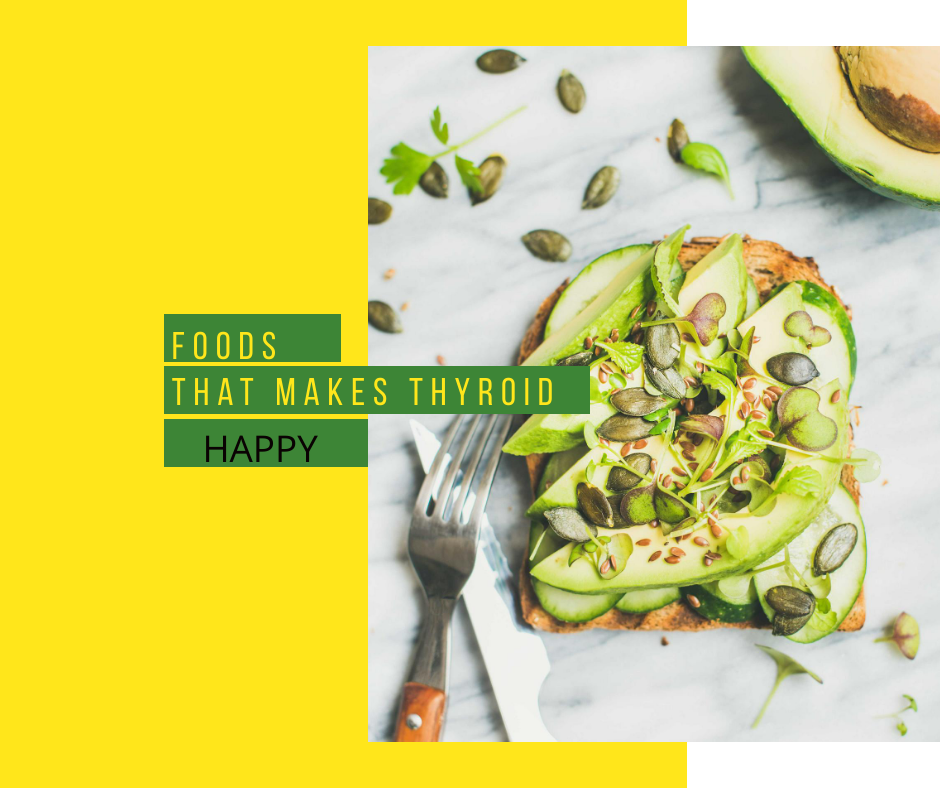The thyroid is an endocrine gland in the neck that secretes thyroid hormones, which primarily influence the metabolic rate, protein synthesis and impacts development. The thyroid may be affected by several diseases- Hyperthyroidism occurs when the gland produces excessive amounts of thyroid hormones whereas hypothyroidism is a state of insufficient thyroid hormone production. Worldwide, the most common cause is iodine deficiency.
According to various studies on thyroid disease, it has been estimated that about 4.2 crore people in India suffer from thyroid diseases. According to a survey conducted by the World Health Organization (WHO), almost about every third person in India suffers from some kind of thyroid disorder. Although both men and women are affected, women are more prone to thyroid disorders.
Some of the common side effects of irregular functioning of the thyroid gland are:
- Dry skin and hair, hair loss or thinning
- Muscle or joint pain
- Constipation
- Menstrual problems
- Problems with conception
- Sleep disturbance, Poor sleep
- Elevated cholesterol levels
- Tiredness, mood swings, irritability
- Depression
- Poor concentration
- Increased sensitivity to cold.
One of the main reasons for thyroid is an irregular intake of iodine and unmanaged diet. For the people who consume medicines to control Thyroid, there are certain foods or supplements containing calcium, iron, and soy, and even medications like cholesterol drugs, which can keep the Thyroid hormone from being properly absorbed, which should be avoided. Hence, a healthy lifestyle and diet can go a long time to help with the functioning of the thyroid.
Here are the 8 Foods to eat for Thyroid Patients and Thyroid Prone people
- Milk and Cheese– Almost all dairy is a good source of Iodine. If we look at cheese specifically, you can go with Cheddar and Mozzarella. According to the studies, every 250ml Milk has 150 mg of iodine.
- Meat– Meat is a very good source of Zinc, especially Red meat. You can also have other sources of met such as beef, pork or lamb. Try to avoid processed meats as much you can, as it increases the risk of heart disease.
- Seafood– Oysters and shellfish are great sources of Zinc. Fish is also one of the great options, it has a high content of Omega 3 fatty acids which help in strengthening the immunity and lowers the risk of heart disease. Nutrient Selenium present in Fish helps in decreasing inflammation.
- Seaweed– Seaweed has a high volume of Iodine and would help in the functioning of Thyroid gland. It also has other advantages of Fiber, vitamins, and calcium.
- Fresh Fruits and Vegetables– Foods like cherries, blueberries, sweet potato. These are great sources of antioxidants and will also help in reducing the risk of heart disease.
- Nuts– Macadamia nuts, Brazil nuts, and hazelnuts are three highly recommended nuts as they are high sources of selenium, which helps in the proper functioning of the Thyroid. Try to avoid peanuts though.
- Whole Grains– Whole grains such as cereal, pasta, rice and bread help with constipation, which is usually a side effect of imbalanced Thyroid hormone. These are high in fiber and nutrients and thus help in bowel regularity.
- Coconut oil– Coconut oil stimulates, boosts energy and also helps in suppressing inflammation. It contains lauric acid that is rarely found in nature and has antibacterial, antiviral properties.

What to avoid in thyroid
Stress- It has been proven that stress relief has hugely helped patients. So, before getting into what foods to avoid in Thyroid, one of the key factors to keep in mind is that Stress relief is a prerequisite for avoiding/treating any disease.
Now, coming to Foods to avoid. As we know excess of everything is bad and that’s why you should avoid consuming below foods. You should not totally stop consuming these foods unless advised by your doctor.
- Soy Products
- Caffeine
- Certain vegetables such as Cabbage, broccoli, cauliflower, spinach
- Highly processed foods such as Hot dogs, cookies, cakes
Healthy Diet plays an important role in our life, just club it with above-mentioned points- Foods to eat and avoid, avoid stress, indulge in physical activities, drink lots of water and you will see how wonderfully your body treats you.
Disclaimer: Always consult your doctor before taking any medications, supplements or in case of any allergies. Your healthcare professional will be able to help assess your needs, potential interactions, benefits, and side effects.


